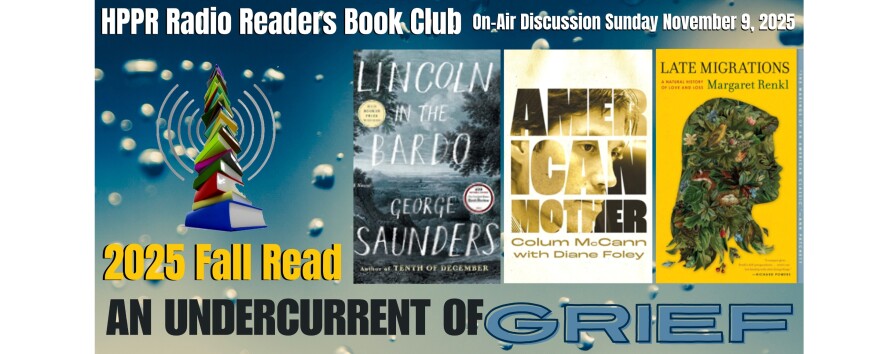Hello from Goodwell, Oklahoma! I’m Marjory Hall with a BookByte for the Radio Reader’s Series. One component of the American Dream is choosing one’s home in the location of one’s choice. If the youthful narrator of Daniel Nayeri’s book Everything Sad Is Untrue was permitted to make this choice, I suspect he would have chosen to remain in Iran, in the comfortable home of his earliest childhood. Not everyone gets to choose where they will land though. When a geographic relocation is due to danger that must be escaped, the options can be severely limited. Young Daniel finds himself in a location that presents some interesting challenges. On a personal level, Daniel is only eight years old, and he faces all the uncertainties that characterize childhood. At a formative age, the narrator finds himself in a perfect storm of circumstances that he must navigate.
Because she is fleeing Iran under religious persecution, Daniel’s mother is granted asylum by the United States, but the problem of where she and her children will live becomes a matter of chance and opportunity. The family settles in Edmond, Oklahoma, a city that offers many of the expected obstacles of relocation, and one or two unexpected challenges.
Although his ethnicity does play into the daily ebb and flow of Daniel’s life, that is not the primary problem. After all, in 1990, Edmond’s population was already slightly over 50,000. The city is part of the Oklahoma City metropolitan area which was home at that time to more than 680,000 people. Edmond could not truly be considered a small town, and racial diversity was already a part of everyday life. The 1990 census reports that 49% of Oklahoma City’s population were of some ethnicity other than white. Daniel was almost certainly not the only so-called “brown kid” in his school.
Edmond, Oklahoma’s close proximity to Tinker Air Force Base poses an unexpected challenge to Daniel. As one of the largest military installations in the United States and the biggest employer in the area, the base’s influence can be felt even by a young Iranian refugee. The boy’s dark skin is not an immediate issue, as most people presume that he is Hispanic. Daniel reports, though, that when people realize their mistake, he becomes subject to pointed remarks concerning war in Iraq. Encountering people and the families of people who served and died in that war, Daniel tries unsuccessfully to explain the difference between Iraq and Iran, finally resorting to frequent and sometimes awkward avowals of his support of the United States against Saddam Hussein.
Daniel is neither Arab, Muslim, nor Iraqi, but he finds himself the object of a particular xenophobia against those groups that was, certainly, growing at that time in American history, driven by the far-reaching impact of global political tensions. He wishes that he could explain that his family, too, had suffered in war against Iraq, but he does not find any receptive audience. Instead, Daniel tries his best to blend in and appear as innocuous as possible.
All the predictable challenges of childhood—bafflement about girls’ behavior, trying to fit in with his peers, feeling awkward in his own skin—arise in Daniel’s life. His story is complicated, though, by political events in which his whole family is tested. Are these tests limited to the immigrant experience? In today’s political and cultural climate, how comfortable does anyone feel outside of his own home? The power of Everything Sad Is Untrue is the power of all good books. The narrator reveals his fears and insecurities, and we can see they are universal. There is no doubt that Daniel will find his way through his particular storm, and the inclusive first-person voice allows readers to partake of that hope as well.
I’m Marjory Hall for the Radio Readers Series.










